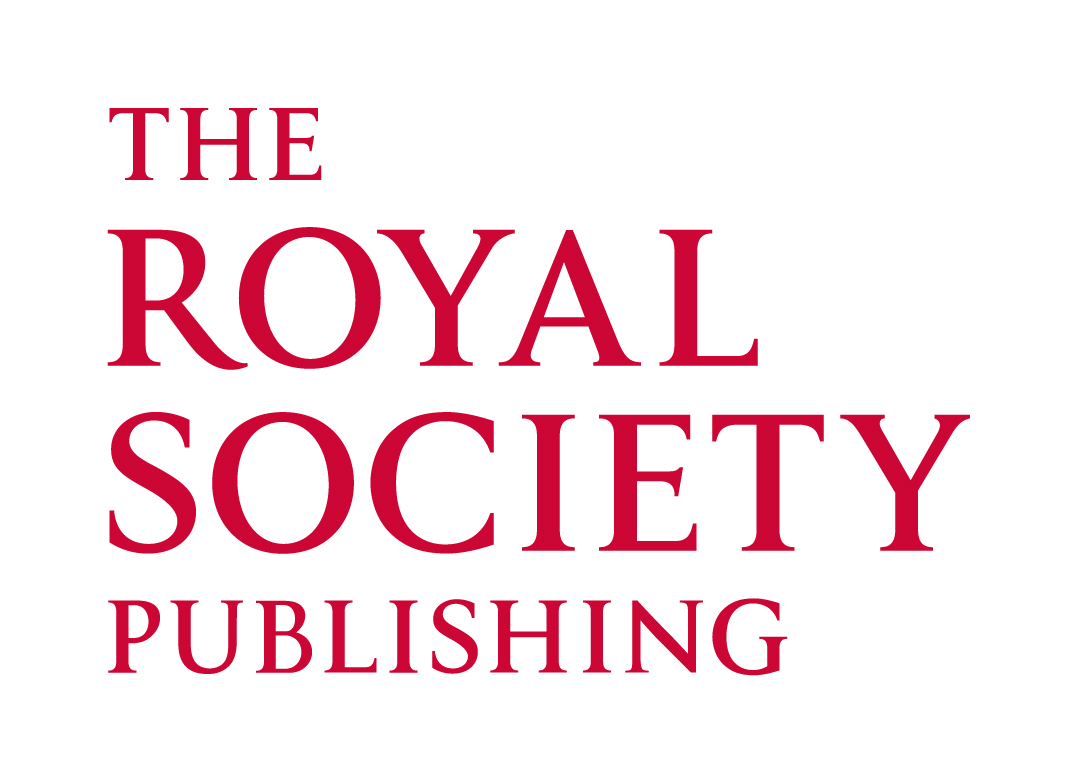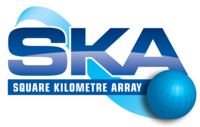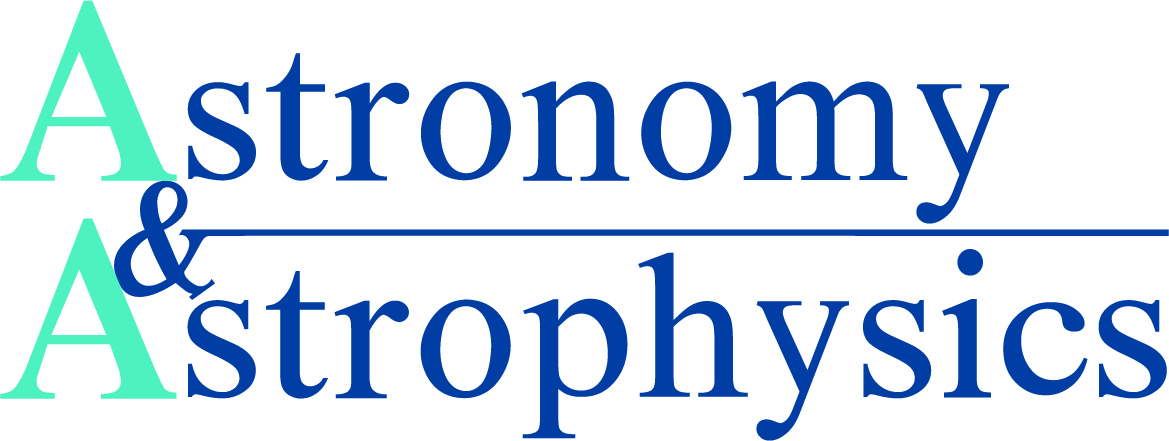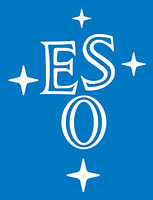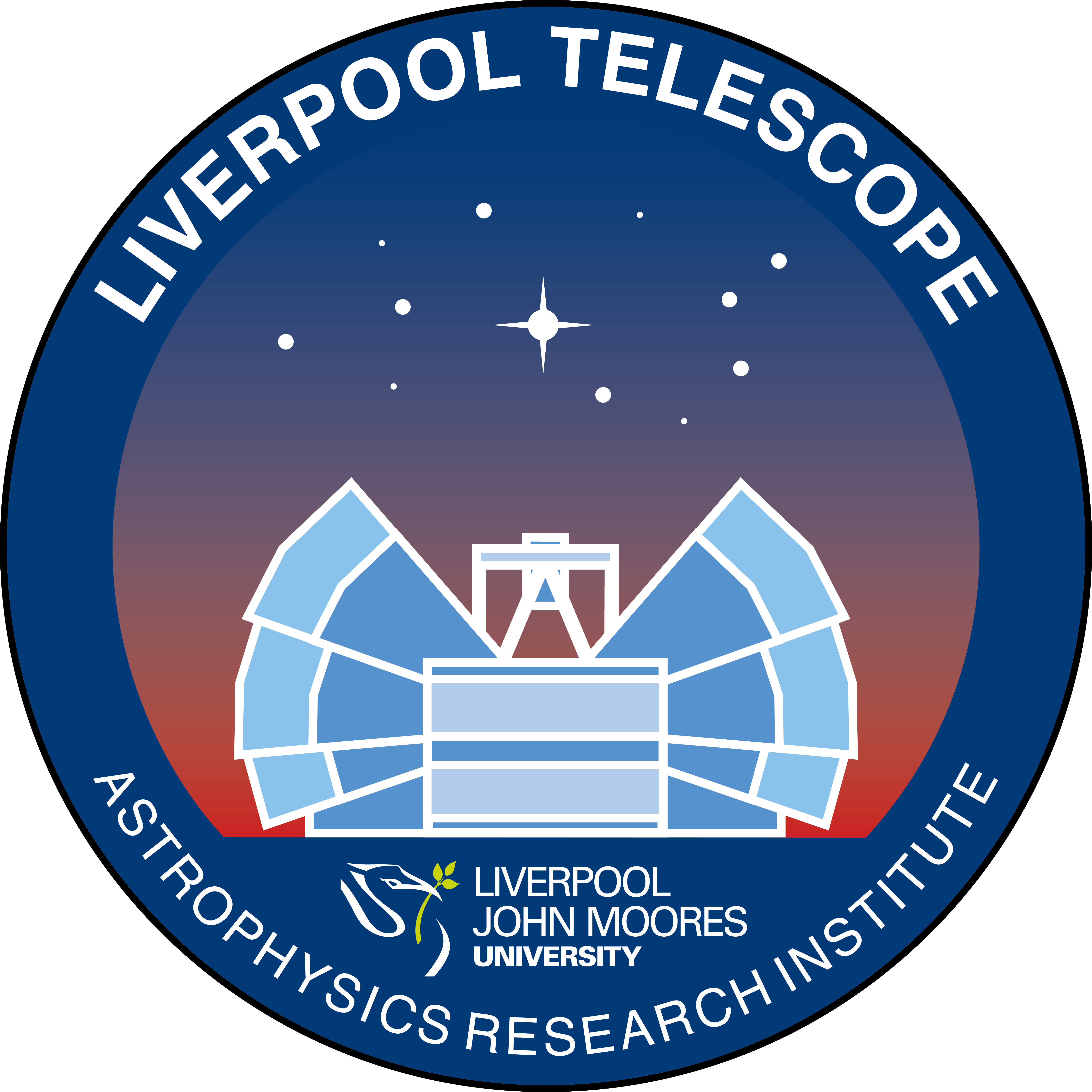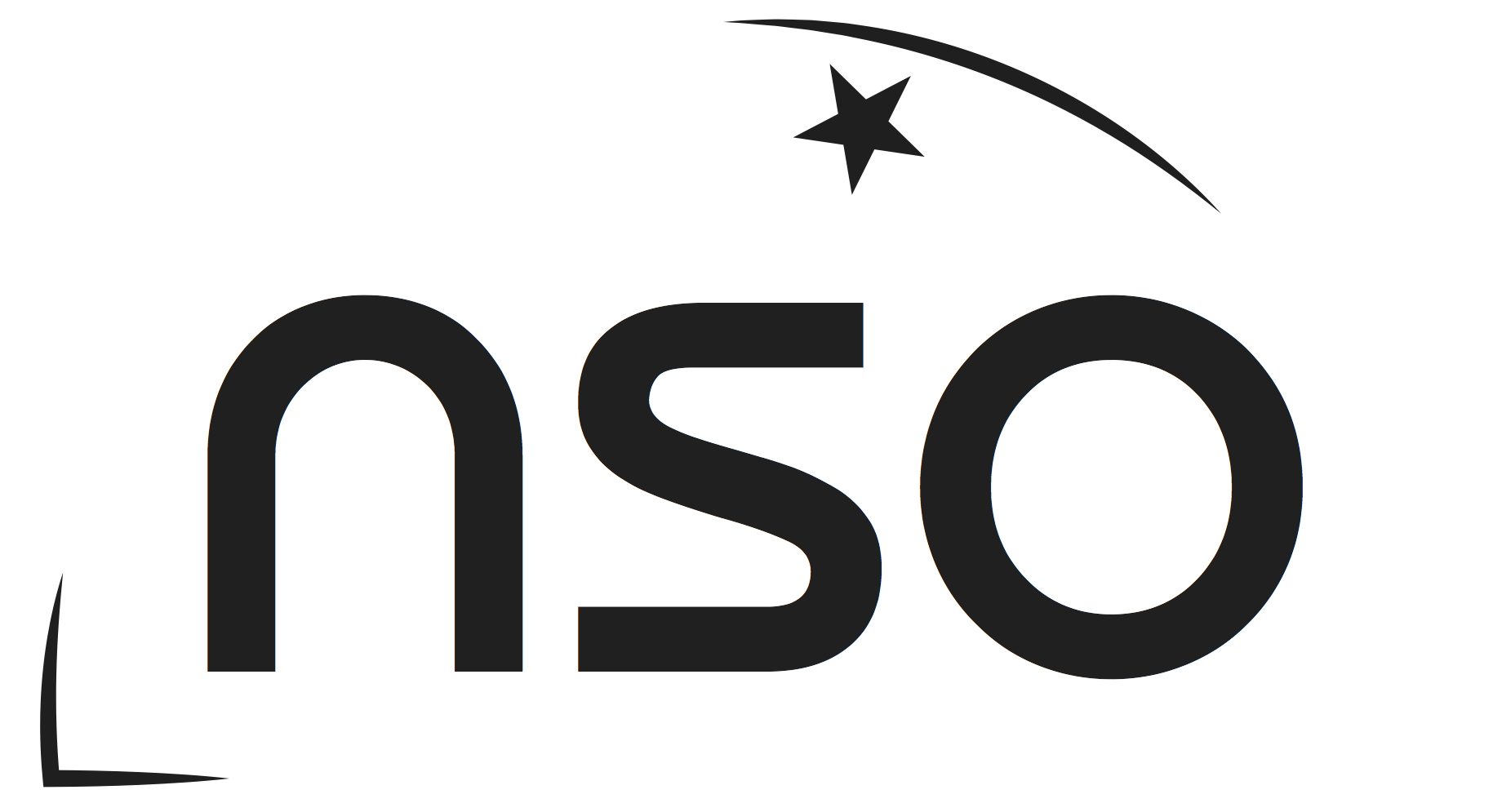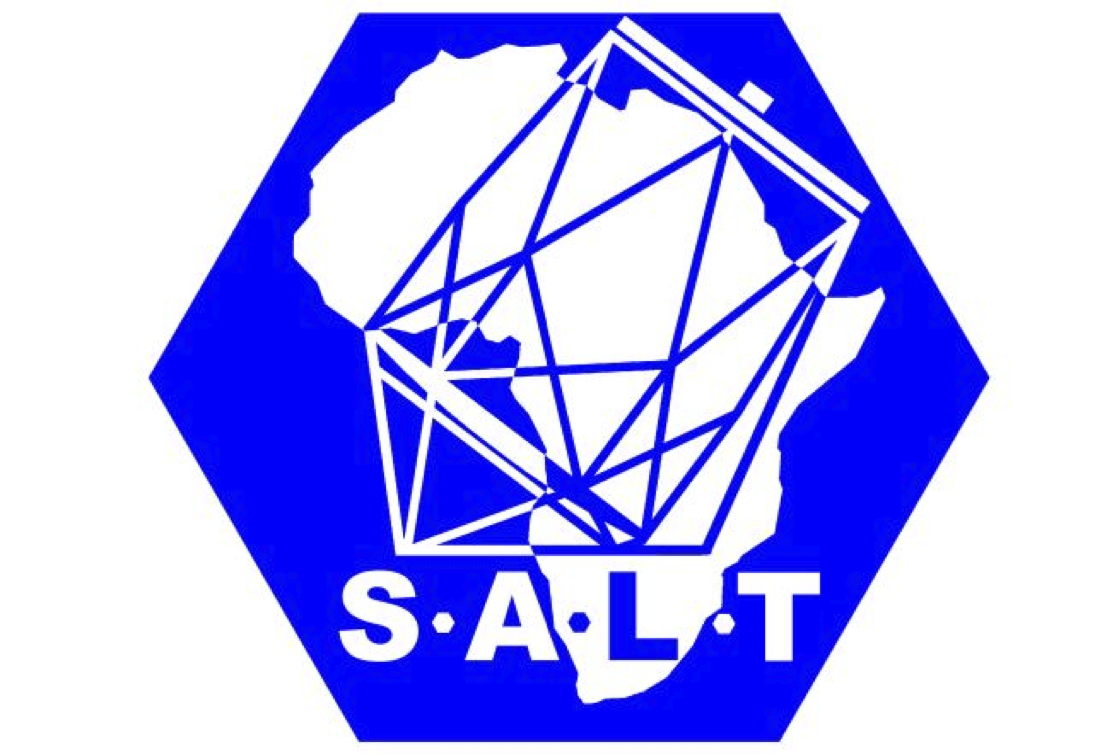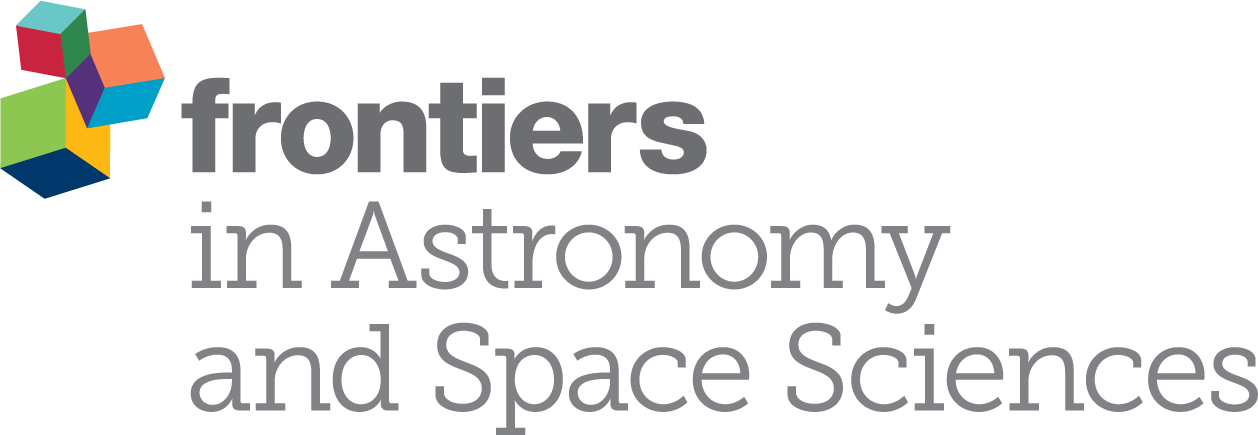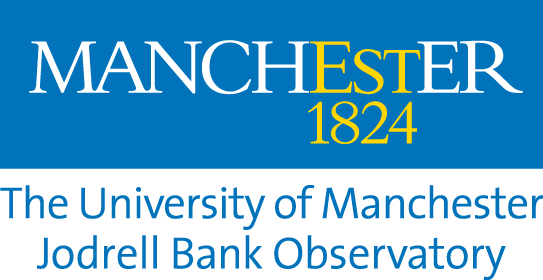Special Session SS4
6 April 2018
Atomic and molecular data needs for astronomy and astrophysics
Aims and scope
 This session will provide a forum for discussion between astronomers with requirements for atomic and molecular data and experimentalists and theoreticians who can provide such data.
This session will provide a forum for discussion between astronomers with requirements for atomic and molecular data and experimentalists and theoreticians who can provide such data.
The analysis of astronomical spectra is vital for the determination of chemical abundances, the understanding of galactic formation and evolution and the synthesis of the different elements. However, despite the large investment of time and money spent in recording spectra of astrophysical objects at unprecedented resolution, the quantity and quality of the existing data lies far from the current needs of the astronomers and remains the Achilles' heel of galactic archaeology. This situation has resulted in an acute need for new measured and calculated atomic and molecular parameters of high-accuracy, high-resolution and completeness.
The aim of this session is to encourage further dialogue and promote knowledge transfer between astronomers with strong atomic and molecular data needs and those who produce this data from laboratory measurements and calculations. We hope this will foster new collaborations for the future, which, through targeted measurements and calculations, will accelerate the rate at which astronomers' needs can be met.
Programme
Talks and posters will focus on four main areas:
- Data requirements of astronomers
- Laboratory-measured atomic and molecular data
- Theoretical calculations
- Databases
We encourage all astronomers involved in the ongoing spectroscopic surveys such as Gaia-ESO, APOGEE or GALAH or in future ones such as WEAVE, 4MOST or DESI to attend in order to explain their data needs.
The emphasis throughout the special session will remain on knowledge transfer; with astronomers highlighting their data needs, and spectroscopists and theorists presenting new data of astronomical interest and the capabilities of their facilities for future collaborations.
Invited speakers
- Paul Barklem (Uppsala University, Sweden)
- Marie-Lise Dubernet (Observatory of Paris, France)
- Henrik Hartman (Malmö University, Sweden)
- Alan Hibbert (Queen's University Belfast, UK)
- Karin Lind (Max Planck Institute for Astronomy, Germany)
- Thomas Masseron (Instituto de Astrofisica de Canarias IAC, Spain)
- Catherine Ramsbottom (Queen's University Belfast, UK)
- Tanya Ryabchikova (Russian Academy of Sciences, Russia)
Scientific organisers
- Maria Teresa Belmonte (Imperial College London, UK)
- Juliet C. Pickering (Imperial College London, UK)
- Alan Hibbert (Queen's University Belfast, UK)
- Ulrike Heiter (Uppsala University, Sweden)
- Carlos Allende Prieto (Instituto de Astrofisica de Canarias IAC, Spain)
- Patrick de Laverny (Observatoire de la Côte d'Azur, France)
- Christian Clear (Imperial College London, UK)
- Asli Pehlivan Rhodin (Lund University, Sweden)
Contact
Maria Teresa Belmonte
teruca.belmonte @ imperial.ac.uk
Updated on Fri Oct 20 12:56:44 CEST 2017
|
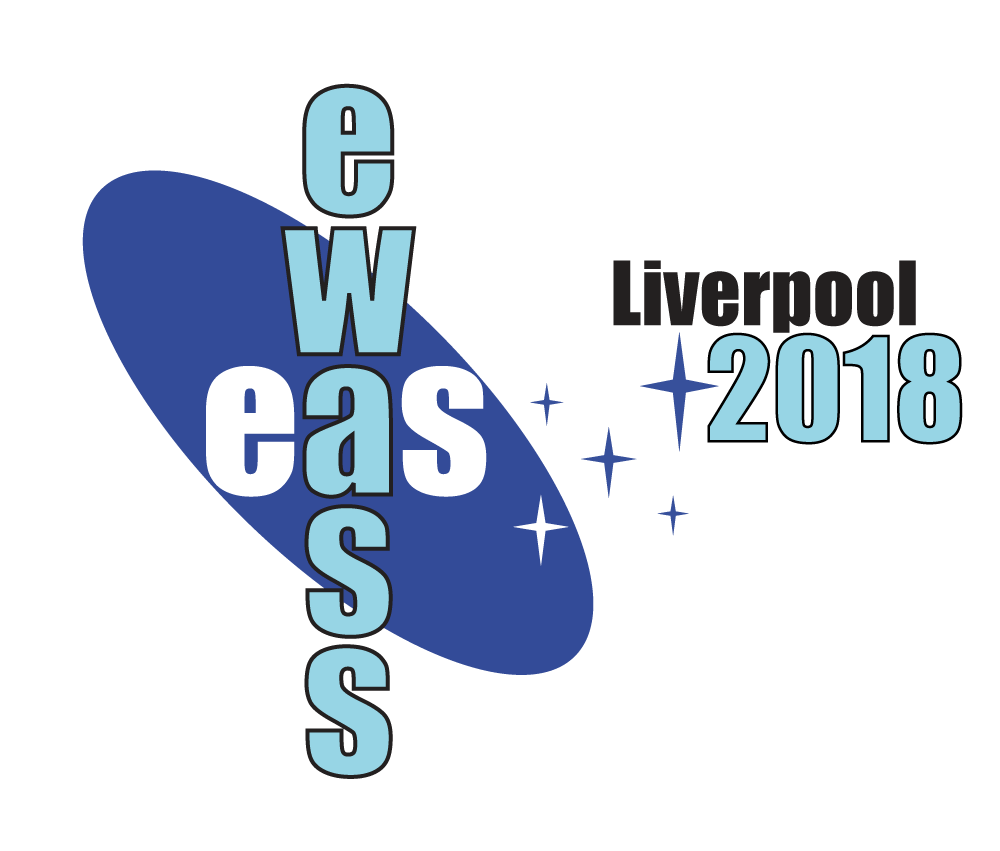
 A power cut will shut down all EAS services on Tuesday, 10 January 2017 starting at 7:30 CET.
A power cut will shut down all EAS services on Tuesday, 10 January 2017 starting at 7:30 CET.











